MELBOURNE, Australia: Tooth loss can have a profound impact on social interactions and self-esteem. While poor oral health is known to be associated with various forms of social disadvantage, the link between tooth loss and bullying has received little attention. A recent study by researchers from the University of Melbourne has found that adolescents who have lost teeth owing to dental caries or trauma are more likely to experience bullying, underscoring the importance of caries prevention and trauma management.
Data published by the Australian government indicates that bullying is common in the country: 70% of children aged 12–13 have experienced at least one incident. Additionally, as many as 36% of children in this age group said that they experienced bullying monthly or even weekly. Victimisation can have significant mental health consequences, including depression and anxiety, which are associated with suicidal behaviours and substance abuse. It is also linked to physical outcomes such as obesity and inflammation.
Senior author Dr Ankur Singh, chair of lifespan oral health at Melbourne Dental School, said in a press release: “Tooth loss isn’t only a dental issue; it’s a social one too. For teenagers, it can have significant psychological impacts at a crucial time in their development.”
The study analysed data from the Longitudinal Study of Australian Children, looking at 4,476 children from ages 8–9 through to 14–15 years. The researchers examined the participants’ incidence of tooth extractions due to caries or trauma and assessed bullying victimisation based on parent-reported cases of school bullying.
The findings showed that approximately 10% of children in the study had lost teeth through caries or injury and that children from lower socio-economic backgrounds, as well as rural or remote areas, were more likely to have experienced tooth loss. It also found that adolescents who had lost teeth faced 42% higher odds of being bullied.
In light of the findings, Dr Singh emphasised that poor oral health affects nutrition, sleep, self-confidence and overall well-being and is associated with conditions such as heart disease and high blood pressure. He said: “The government needs to invest in prevention programmes tackling oral health and improve equitable access to dental care, especially in rural and remote areas and in low-income communities.”
Lead author Yuxi Li, a PhD candidate at the University of Melbourne, noted: “Anyone who has been bullied at school can testify to what an awful experience it can be.” She continued: “As well [as] poor psychological outcomes, bullying can also have adverse physical outcomes such as overweight and obesity.”
The findings highlight the importance of prioritising preventive dental care and early intervention to lessen the social consequences of poor oral health. The researchers suggested that policymakers should integrate oral health initiatives into school-based anti-bullying programmes to help reduce the cascading effects of bullying on adolescents’ mental health and social well-being.
“We hope that this study will raise awareness about the link between oral health, bullying and young people’s overall well-being,” Li concluded.
Topics:
Tags:
ITABIRA, Brazil: Verbal bullying at school can negatively impact an adolescent’s mental health, causing distress and anxiety. A Brazilian study has shown ...
VIENNA, Austria: Molar incisor hypomineralisation (MIH) has a significantly high global prevalence, affecting around 14% of the world’s population, and ...
FORT MYERS, Fla., US: Although many college students recognise the impact that lifestyle choices have on oral health, minority students often have limited ...
GOTHENBURG, Sweden: Pain or fear of pain during dental treatment, whether it be from anaesthetic injections, tooth extraction or orthodontic treatment, is ...
CHICAGO, US: The American Dental Association (ADA) Science and Research Institute and the University of Pittsburgh School of Dental Medicine in the US have ...
Prof. Dr. Marcel A. Wainwright DDS, PhD
Live webinar
Wed. 25 February 2026
11:00 am EST (New York)
Prof. Dr. Daniel Edelhoff
Live webinar
Wed. 25 February 2026
1:00 pm EST (New York)
Live webinar
Wed. 25 February 2026
8:00 pm EST (New York)
Live webinar
Tue. 3 March 2026
11:00 am EST (New York)
Dr. Omar Lugo Cirujano Maxilofacial
Live webinar
Tue. 3 March 2026
8:00 pm EST (New York)
Dr. Vasiliki Maseli DDS, MS, EdM
Live webinar
Wed. 4 March 2026
12:00 pm EST (New York)
Munther Sulieman LDS RCS (Eng) BDS (Lond) MSc PhD



 Austria / Österreich
Austria / Österreich
 Bosnia and Herzegovina / Босна и Херцеговина
Bosnia and Herzegovina / Босна и Херцеговина
 Bulgaria / България
Bulgaria / България
 Croatia / Hrvatska
Croatia / Hrvatska
 Czech Republic & Slovakia / Česká republika & Slovensko
Czech Republic & Slovakia / Česká republika & Slovensko
 France / France
France / France
 Germany / Deutschland
Germany / Deutschland
 Greece / ΕΛΛΑΔΑ
Greece / ΕΛΛΑΔΑ
 Hungary / Hungary
Hungary / Hungary
 Italy / Italia
Italy / Italia
 Netherlands / Nederland
Netherlands / Nederland
 Nordic / Nordic
Nordic / Nordic
 Poland / Polska
Poland / Polska
 Portugal / Portugal
Portugal / Portugal
 Romania & Moldova / România & Moldova
Romania & Moldova / România & Moldova
 Slovenia / Slovenija
Slovenia / Slovenija
 Serbia & Montenegro / Србија и Црна Гора
Serbia & Montenegro / Србија и Црна Гора
 Spain / España
Spain / España
 Switzerland / Schweiz
Switzerland / Schweiz
 Turkey / Türkiye
Turkey / Türkiye
 UK & Ireland / UK & Ireland
UK & Ireland / UK & Ireland
 Brazil / Brasil
Brazil / Brasil
 Canada / Canada
Canada / Canada
 Latin America / Latinoamérica
Latin America / Latinoamérica
 USA / USA
USA / USA
 China / 中国
China / 中国
 India / भारत गणराज्य
India / भारत गणराज्य
 Pakistan / Pākistān
Pakistan / Pākistān
 Vietnam / Việt Nam
Vietnam / Việt Nam
 ASEAN / ASEAN
ASEAN / ASEAN
 Israel / מְדִינַת יִשְׂרָאֵל
Israel / מְדִינַת יִשְׂרָאֵל
 Algeria, Morocco & Tunisia / الجزائر والمغرب وتونس
Algeria, Morocco & Tunisia / الجزائر والمغرب وتونس
 Middle East / Middle East
Middle East / Middle East

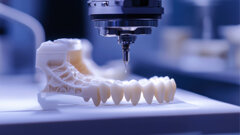
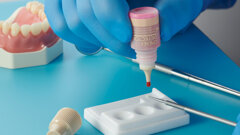


















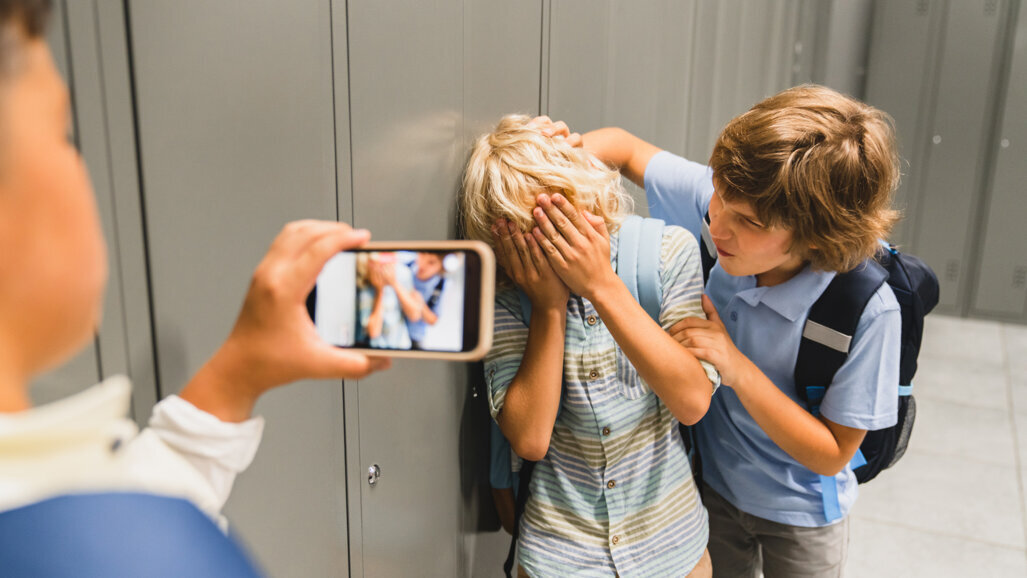




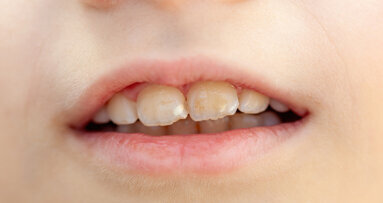


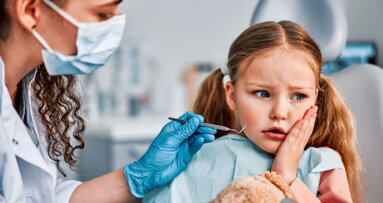









To post a reply please login or register